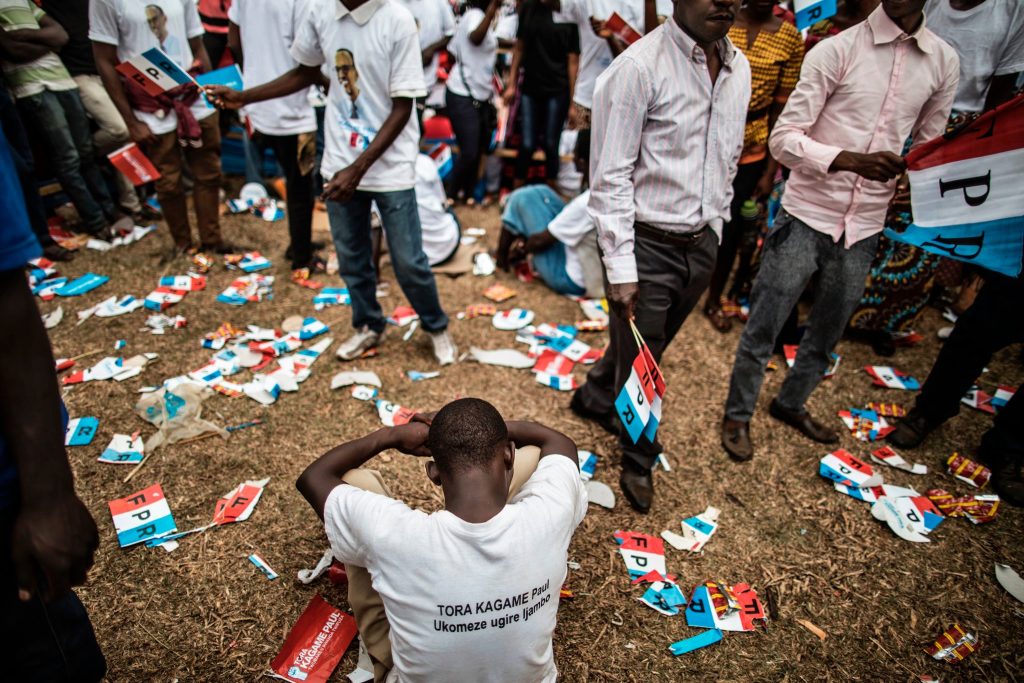Rwanda, a country scarred by the tragic events of the 1994 genocide, has since undergone significant socio-political transformations. However, despite strides in economic development and social cohesion, the absence of robust democratic institutions continues to shape the nation’s trajectory. This article examines the effects of the lack of democracy in Rwanda, considering both the progress made and the challenges that persist.

The genocide against the Tutsi in 1994 was fueled by ethnic divisions, political manipulation, and the absence of democratic governance. In the aftermath of this tragedy, Rwanda embarked on a path of national reconciliation and reconstruction under the leadership of the Rwandan Patriotic Front (RPF). While efforts were made to foster unity and stability, questions about democratic governance and political freedoms remained unresolved.
Centralized Power and Political Control: Since the genocide, Rwanda has been characterized by a centralized political system dominated by the RPF and its leader, President Paul Kagame. this centralization of power has stifled political pluralism, marginalized opposition voices, and limited the space for genuine democratic participation.
Restricted Political Space: The lack of democracy in Rwanda is evident in the restricted political space and limited tolerance for individuals or groups which disagree with the government. Opposition parties face significant challenges in registering and operating freely, while independent media outlets often face harassment. Civil society organizations operate under tight government scrutiny, with little room for advocacy or activism outside the government’s framework.
Economic Development versus Political Freedoms: Rwanda economic growth and development achievements have often been used to cover bad democratic governance and human rights violation.
Challenges and Opportunities: Despite the challenges posed by the lack of democracy, Rwanda has made notable strides in areas such as gender equality, education, and healthcare. The government has also implemented initiatives to promote grassroots participation and community development. However, addressing the root causes of political exclusion, fostering genuine dialogue, and building inclusive democratic institutions remain critical challenges.
Conclusion:
The lack of democracy in Rwanda has both shaped its post-genocide trajectory and posed ongoing challenges to its development. While the government has prioritized stability and economic progress, genuine democracy requires more than just economic prosperity. Moving forward, Rwanda must navigate the delicate balance between stability and political freedoms, prioritizing inclusive governance, respect for human rights, and meaningful democratic participation. Only then can Rwanda fully realize its potential as a prosperous, peaceful, and democratic nation.